How Sunderland went from an established Premier League side to the third-tier of English football
Sunderland lost to Burton Albion on Saturday afternoon, consigning the club to their second relegation in succession. This is the story of their demise
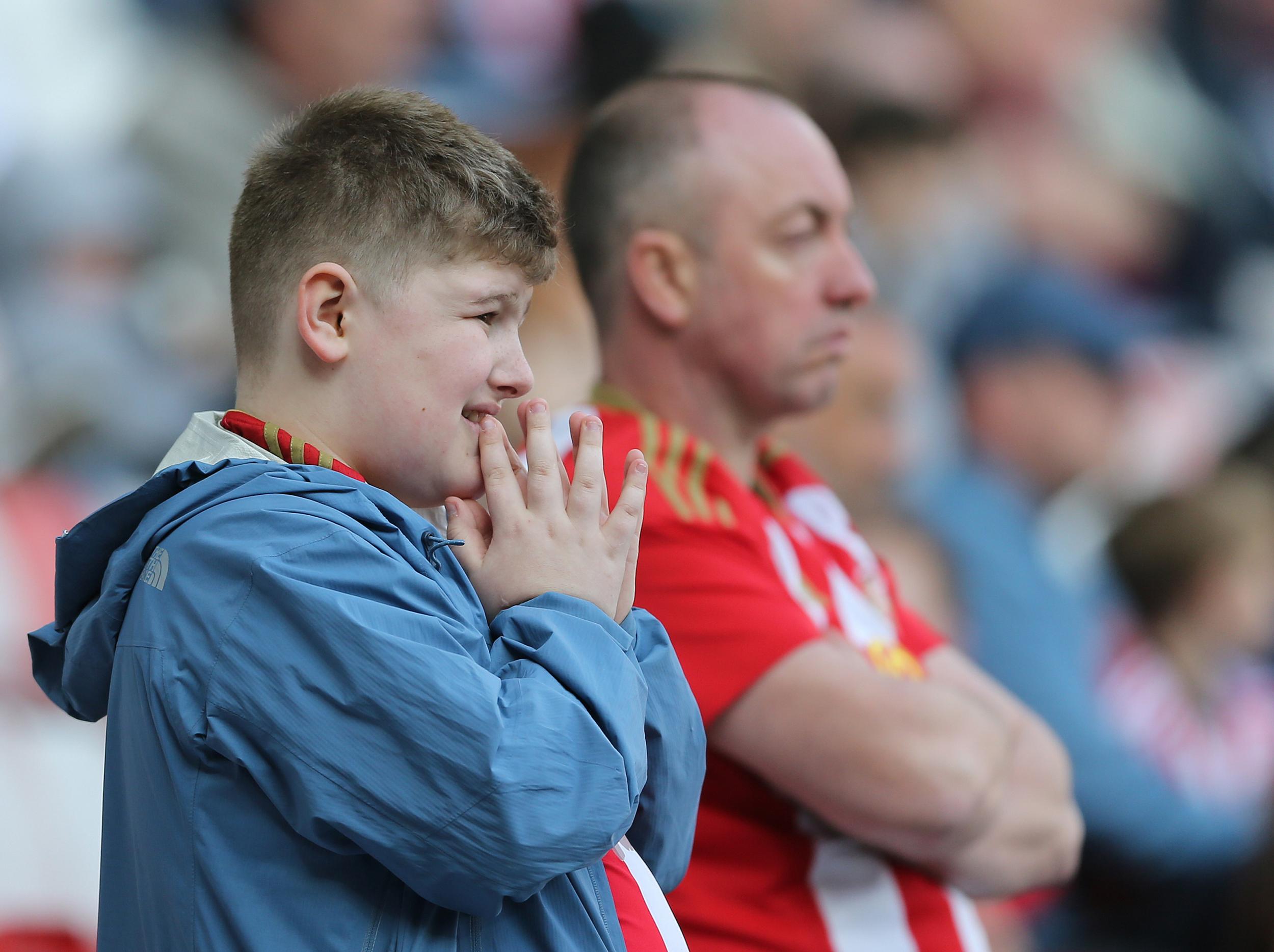
For only the second time in their 130 year history, Sunderland are in the third tier of English football, relegated on a truly dramatic afternoon at the Stadium of Light. A disallowed ‘goal’ in the fifth minute of injury-time has consigned them to a second successive relegation.
Hundreds of millions of pounds have been recklessly frittered away by those in charge of the club. Their absence sits at a sharp contrast to the pain those supporters are feeling. Martin Hardy reports.
It was, he thinks, approaching the winter of 1957 and a mini-bus full of Sunderland fans were heading back from Burnley when the conditions made driving impossible.
Stranded on what was the formative A66, Harry McKenna and his pals knocked on the door of a farmhouse and asked if they could stop until the weather cleared and they could make it home. In return, they offered their labour, so for two days 14 Sunderland fans lived and grafted on a farm, and they never forgot it.
“He loved telling the story,” says his son, Dave. “What stuck in my mind, whenever they got back together, was they’d say they’d never eaten so well. He was born in 1932. It was totally fresh produce on the farm, every time they told the story the ham would get thicker! They loved the memory and they loved following Sunderland.”
When he was four years old, Harry McKenna went to see the champions of England, the sixth time Sunderland had achieved the feat. Manchester City’s last Sunday was their fifth. Six days later, the gap between the two teams would be even greater. From stranded on a farm to stranded in the abyss.
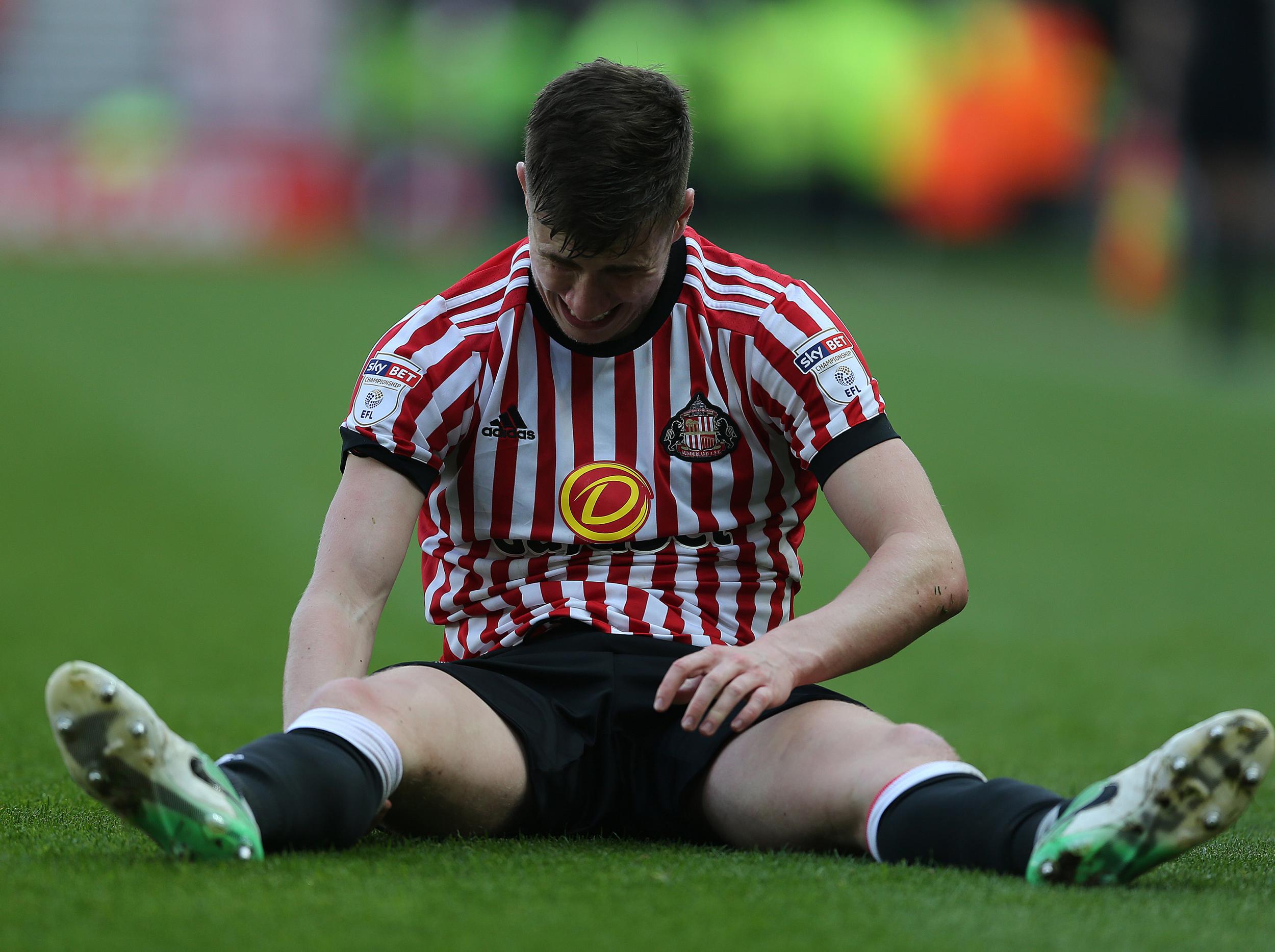
“Following Sunderland was very much a family thing,” adds Dave. “My dad was carried on his brother’s shoulders so he could see the league-winning team in 1936. He was diehard Sunderland. I went to games at Blackpool, Merseyside and London with my dad.
“We have three season tickets. Me and my two sons, Connor (12) and Ciaran (9), who took over my dads when he passed away. I get the impression they feel they have to go. I asked him who his favourite player was the other day and he hasn’t got one. It broke my heart.”
The demise of the club has been staggeringly quick. “It’s been a series of ridiculous appointments, short-termism, sacking managers to jolly along and desperately poor recruitment,” he adds.
“What’s really killing me is I’m trying to talk my sons out of going. My dad’s dad was proud that he had never seen us outside the old first division. He died before the first relegation.”
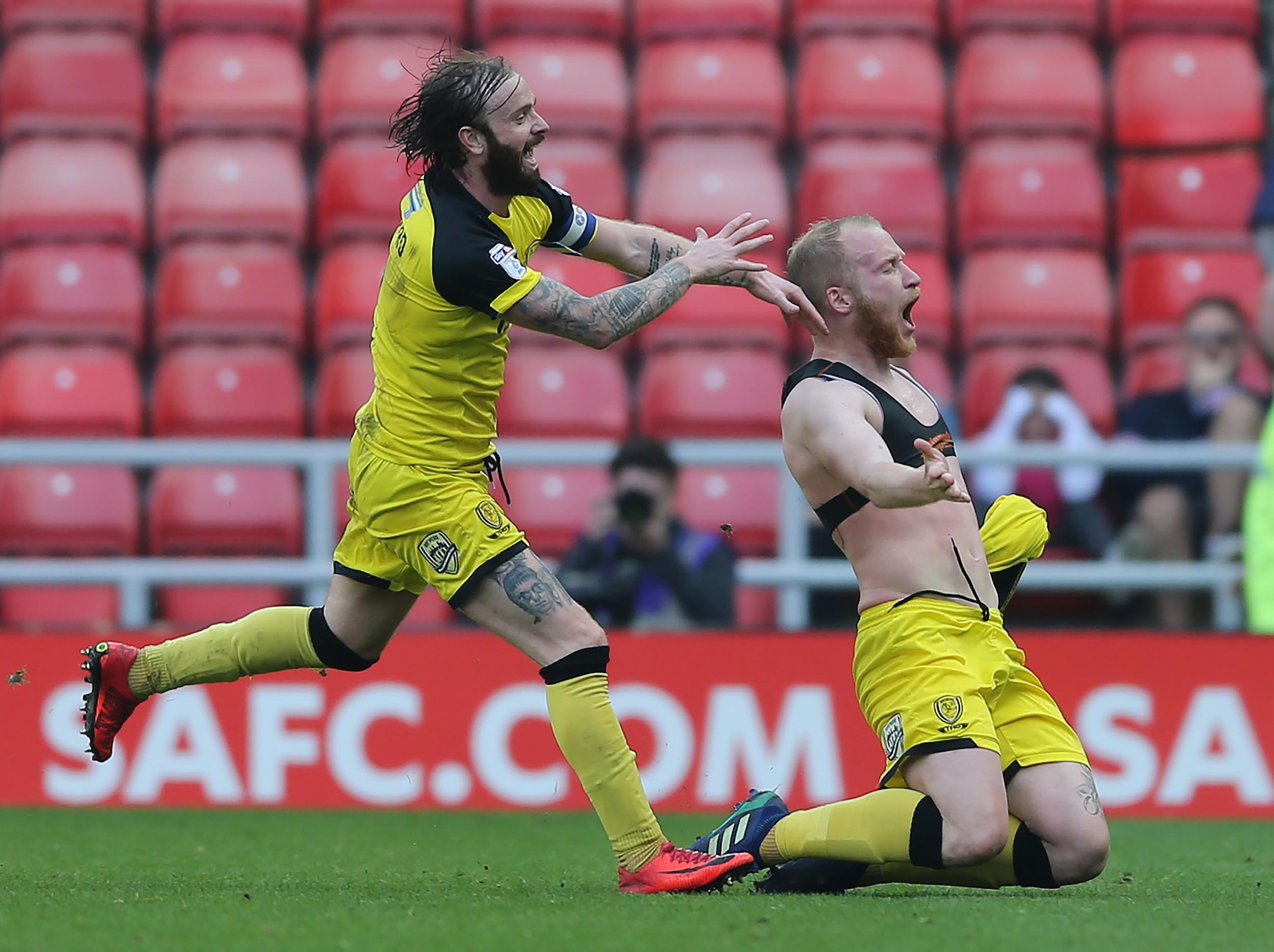
On Saturday afternoon, at the Stadium of Light, the worst team in the history of Sunderland Association Football Club, confirmed their second successive demotion. It could not have been much more dramatic. They led through Paddy McNair, and then, with just four minutes of normal time remaining, their former centre forward, Darren Bent, equalised. He cocked a hand to his ear in celebration at those who had verbally abused him.
In the second minute of injury-time, Liam Boyce glanced a second in for Burton Albion, themselves embroiled in the struggle at the foot of the Championship. Their bench exploded in celebration. Nigel Clough was in there, the Burton manager and son of Brian, one of the game’s greatest managers, and a former goalscoring great at Roker Park. “He used to talk with such affection about his time at the club,” Clough said, when the drama was beginning to subside.
First, with all five minutes of added on time played, in the midst of an almighty scramble following a Sunderland corner, the ball was bundled over the line, by McNair. There was 30 seconds of celebration, but during it the furious Burton players protested the hand of Ashley Fletcher had struck the ball. After consultation with an apparently unsure linesman, the ‘goal’ was ruled out.
With Burton to play Bolton, next week, the maths filtered through. With two games remaining, Sunderland were effectively seven points from safety. It was all over, but by then the Stadium of Light was empty. There were no tears, instead, the pain filtered into Wearside.
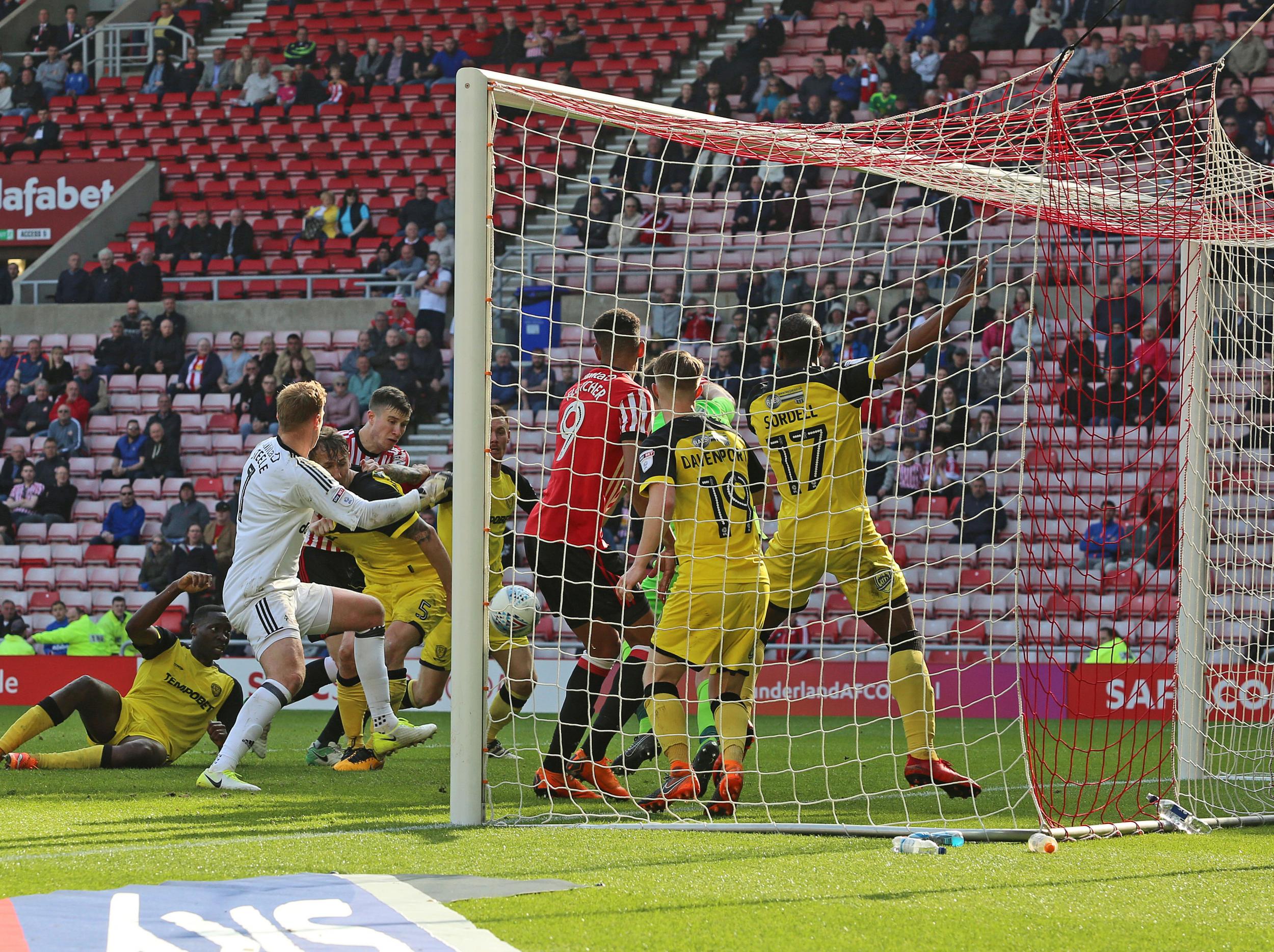
Gordon Armstrong was born in Newcastle, but, like the McKennas, Sunderland was his team. He played for them 349 times and in 1987 was part of the only other Sunderland side to slip into the third tier, after losing a play-off to Gillingham in 1987.
“I was only a kid to be honest and it was absolutely horrible,” he says. “I think the fans were a lot more vocal then. There is a sense of apathy in the club now. It was pretty horrid, it wasn’t a nice time.
“We had no confidence but we kept going ahead in games. We probably deserved to go down. Everything at that time was pretty rancid. It was the worst summer ever. I just wanted it over with. I was young so I took it to heart.
“Sunderland should never be in the third division. There has been a catalogue of errors to get the club to where it is now. There has been mistake after mistake, and one of the biggest was letting Niall Quinn go. They’ve signed seventy odd players over the last eight years and only made a profit on three of them. They have signed piles and piles of rubbish.”
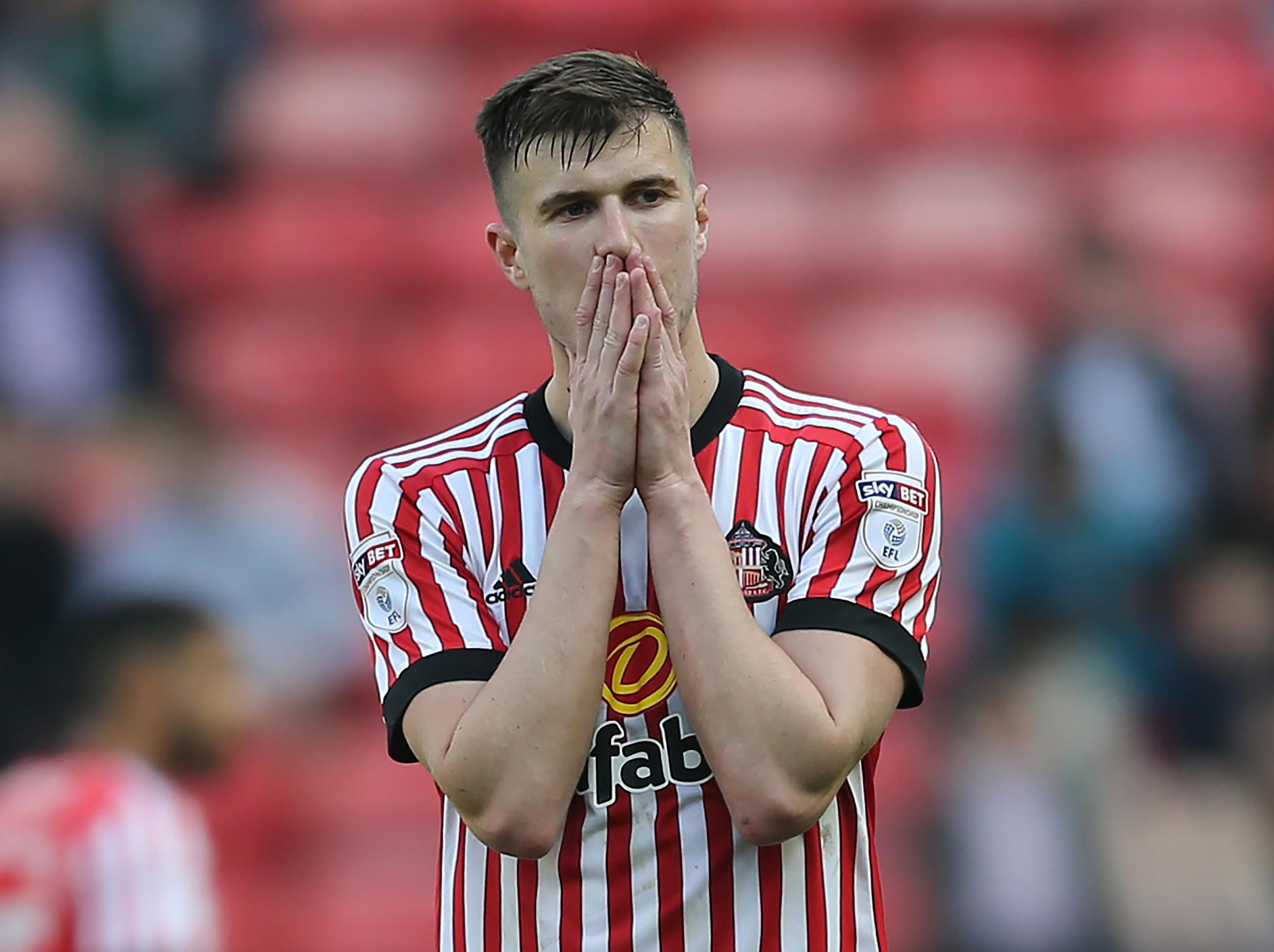
Chris Coleman joined the malaise, fresh from a semi-final of an international tournament with Wales. Accepting culpability is bold. This does not feel like his mess.
“It is my first relegation as a manager so it is obviously very painful,” he said, head bowed. “I’d like to apologise to the supporters for coming up short. It’s a brutal experience, the disappointment is huge. It was such a mess in the last 60 seconds, the craziness of the decision of the referee and his linesman, but that’s not why we got relegated. Whatever we have had, we have fallen short.”
It is a long road to recovery, and in the modern game there are no guarantees of a return to the Premier League. Leeds were relegated from the top division 14 years ago, and have still to get back, spending three seasons in the third tier. Sheffield Wednesday left the Premier in 1999 and have never been back. For them there have been four campaigns in tier three.
Sunderland have a roll call of shame for their demise; Ellis Short, Margaret Byrne, Lee Congerton and Roberto de Fanti. Owners, chief executives and directors of football who tore a club’s golden ticket to shreds. This was Sunderland’s chance and incompetency saw almost a third of a billion pounds spent to create the worst team in the club’s 130-year history. Three of those have gone and the fourth, Short, is eager to wipe his hands of the club. He has still to speak to Coleman.
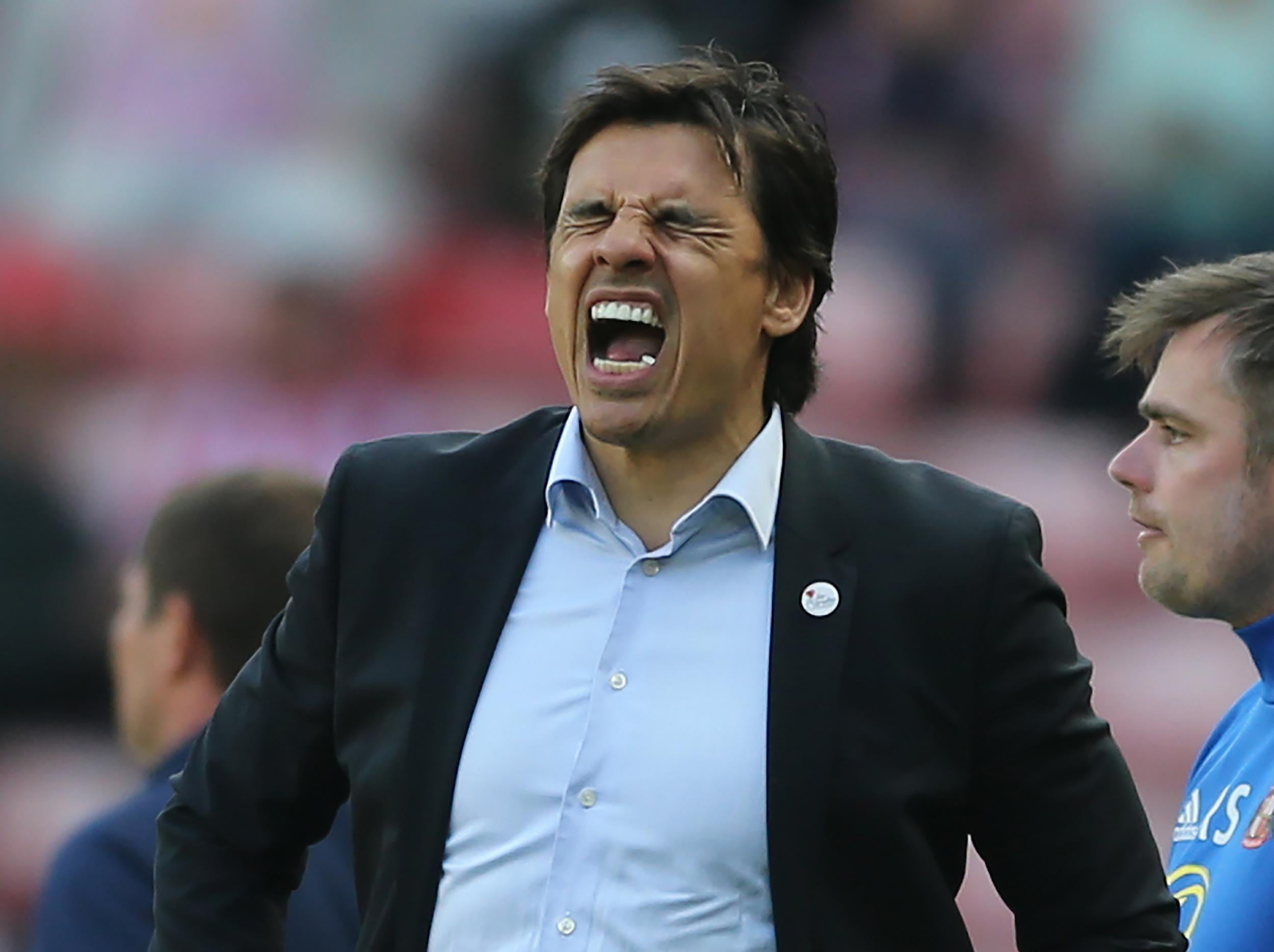
They leave only a mess. The top tier of the Stadium of Light will be shut next season. Sunderland are down and down to their diehards.
“I will renew our three season tickets because I would feel guilty if I didn’t,” adds Dave.
The guilt should not be his, or the club’s supporters.
Join our commenting forum
Join thought-provoking conversations, follow other Independent readers and see their replies
Comments